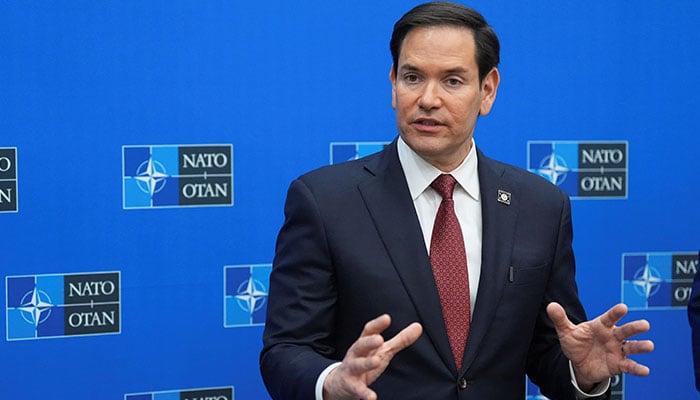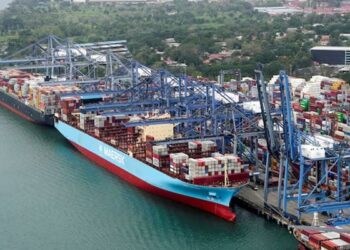WASHINGTON: The United States has revoked all visas held by individuals with South Sudanese passports due to ongoing issues with the country’s lack of cooperation in accepting the return of its citizens who have been deported from the U.S.
The administration of President Donald Trump has implemented strict immigration enforcement measures, including the deportation of people considered to be in the country unlawfully.
Officials have stated that nations that fail to promptly take back their citizens will face repercussions, which may include visa restrictions or additional tariffs.
According to U.S. Secretary of State Marco Rubio, “South Sudan has not upheld the obligation that every country must accept the return of its nationals in a timely fashion when requested by another nation, such as the United States.”
“As of now, the U.S. Department of State is taking decisive action to revoke all visas belonging to South Sudanese passport holders and will halt the issuance of any new visas to ensure South Sudanese individuals cannot enter the U.S.,” Rubio stated.
He further mentioned, “We are open to reassessing these measures once South Sudan demonstrates full cooperation.”
Rubio asserted that it is crucial for South Sudan’s transitional government to “cease exploiting the United States.”
The South Sudan embassy in Washington has not yet responded to inquiries regarding this matter.
In related news, representatives from the African Union arrived in Juba, the capital of South Sudan, to engage in discussions aimed at preventing a resurgence of civil war in the country. This comes after First Vice President Riek Machar was placed under house arrest last week.
President Salva Kiir’s administration has accused Machar, a long-time adversary who commanded rebel forces during the 2013-2018 conflict that claimed hundreds of thousands of lives, of inciting a new uprising.
Machar’s detention occurred following weeks of violent clashes between the national military and the White Army militia in the Upper Nile state. Although Machar’s forces previously allied with the White Army, they deny any current affiliations.
The civil war that took place from 2013 to 2018 was primarily fought along ethnic lines, with the Dinka ethnic group supporting Kiir and the Nuer, the second-largest group, siding with Machar.






